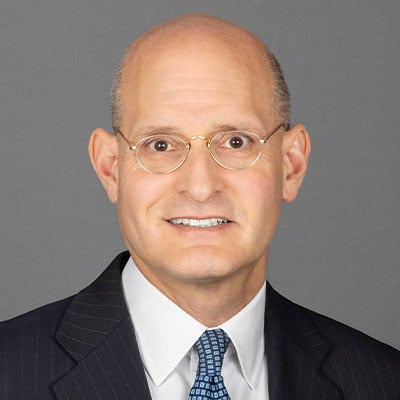In Gigantic Win for Samsung (and Millions of Electronic Device Consumers), ITC Judge Nixes Spansion Flash Memory Infringement Claims
If Spansion and its King & Spalding lawyers had received a different ruling Friday from the U.S. International Trade Commission, Samsung and companies that use Samsung flash memory chips--including Research in Motion, Apple, and Sony--might have been in big trouble. Just try to imagine a world in which BlackBerries, iPods, iPhones, and Samsung and Sony televisions could not be sold in the U.S. Pretty scary, right? And it's not even Halloween yet.
But instead, ITC administrative law judge Charles Bullock issued an Oct. 22 preliminary finding that Samsung's chips and the products that contain them do not violate Spansion IP rights. In most instances, he found, the chips do not infringe Spansion patents; he also found Spansion failed to establish the existence of a domestic industry that exploits its two allegedly infringed patents.
Bullock's ruling must be a particularly painful blow to Spansion, given that it had reached a global IP settlement with Samsung in the spring of 2009. Under the proposed agreement, Samsung agreed to license an array of Spansion patents (including the two at issue in the ITC ruling) for $70 million. After Spansion filed for Chapter 11 bankruptcy protection, however, Delaware federal bankruptcy court judge Kevin Carey rejected the deal, finding insufficient evidence that the settlement was reasonable. "I am unconvinced that, taken as a whole, the [settlement] process undertaken involved the sound exercise of [Spansion's] business judgment," he wrote in a June 2009 opinion.
Spansion certainly had giant ambitions for its IP campaign against Samsung. In its November 2008 ITC complaint, the company accused Samsung and nearly two dozen Samsung flash memory chip customers of infringing four Spansion patents. (The company also filed federal district court litigation, which would have been settled under the since-rejected global settlement, but is now stayed.)
After a Markman hearing in the ITC case, two patents remained in dispute. In a two week trial last spring, Spansion's King & Spalding team went up against Samsung's lawyers from Kirkland & Ellis, who represented both Samsung and its downstream customers. (RIM and Sony had additional counsel at the trial: Vinson & Elkins and Adduci, Mastriani and Schaumberg for RIM; Steptoe & Johnson for Sony.)
Judge Bullock's ruling gives belt-and-suspenders protection to Samsung. With regard to one of the Spansion patents, the judge found no infringement and no domestic market. He did find that one class of products infringed the second Spansion patent--but also determined that the patent is invalid and no domestic market exists. "In each instance," said lead Samsung counsel Gregory Arovas of Kirkland, "he found multiple reasons for non-violation."
"This is a very significant case for Samsung," Arovas continued. "Samsung is very gratified that the administrative law judge supported their position on multiple grounds. The ruling confirmswhat we've said all along: Samsung doesn't use Spansion patents."
Spansion counsel Jeffrey Telep of King & Spalding didn't return our call for comment. "We are disappointed in the judge's ruling," company spokeswoman Michele Landry told Bloomberg in an e-mailed statement. "However, this is only a first step in the decision process."
Arovas told us the parties have received Judge Bullock's proposed opinion explaining his initial determination. A redacted version is likely to be made public in the next two or three weeks.
REPRINTED WITH PERMISSION FROM THE OCTOBER 25, 2010 EDITION OF THE AM LAW LITIGATION DAILY © 2010 ALM. ALL RIGHTS RESERVED. FURTHER DUPLICATION WITHOUT PERMISSION IS PROHIBITED

